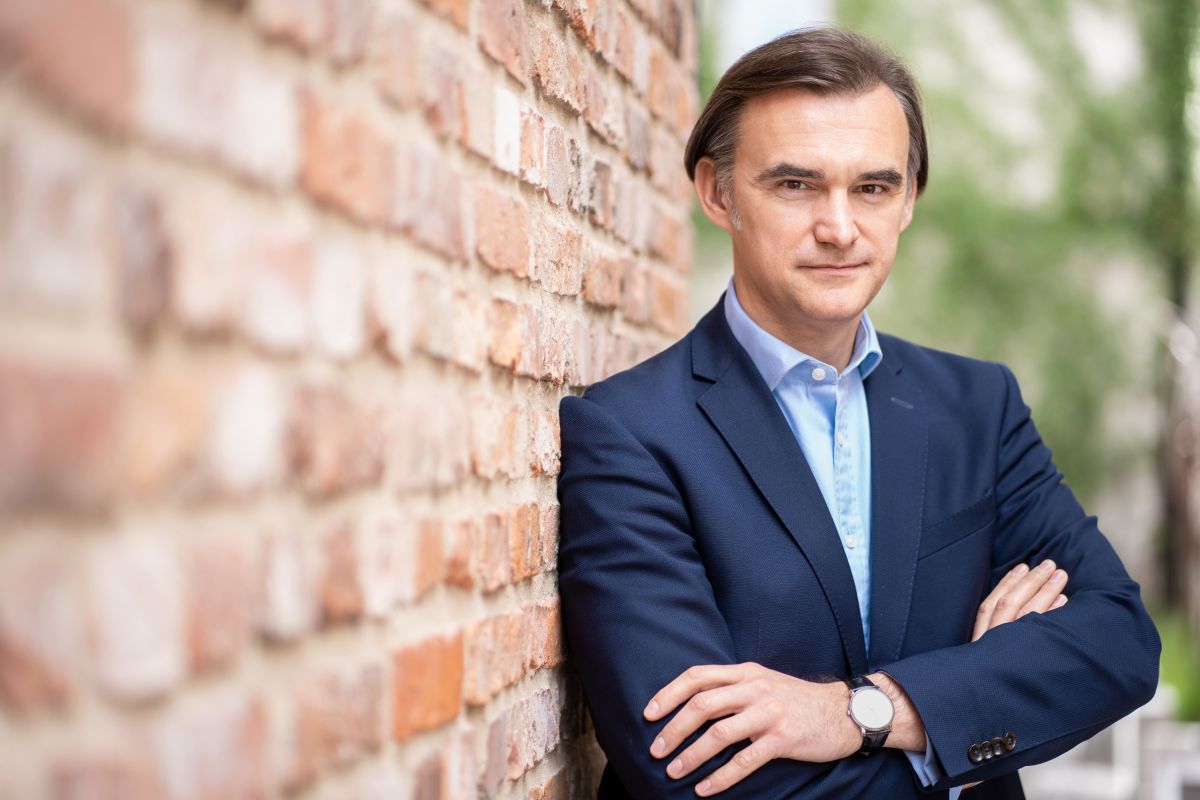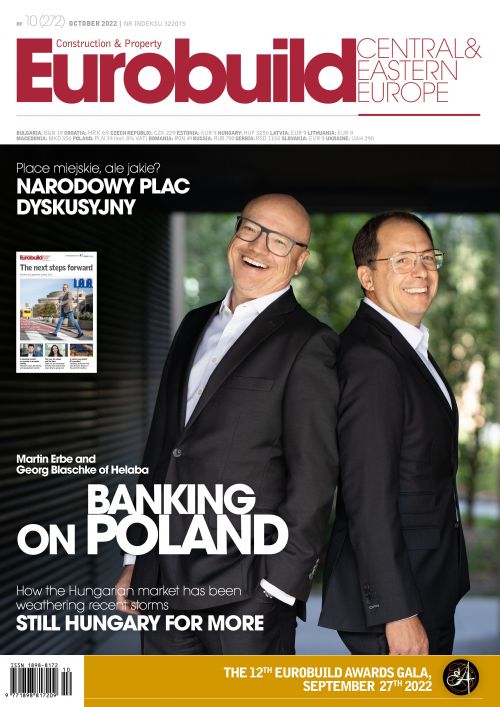At the beginning of July you laid the foundation stone for your Modena project in Poznań’s central Jeżyce district. What are the biggest challenges with projects where you have to try to preserve their identity?
Tomasz Łapiński, the CEO and managing director for residential projects at Cordia Polska, and CEO of Polnord: Above all, a renovation and conversion project has to be based on solid fundamentals. Preparing a project that fits in with the surrounding buildings that already exist is often a challenge – here we are usually talking about neighbourhoods in busy city centres that have a pre-designated use. A well-balanced project has to fit into its surroundings. That’s the key thing – and so it’s during the earliest stage that you can make the most mistakes. When it comes to Modena in Poznań, one exceptional feature of the project is an alleyway lined with beautiful old plane trees, which will be open to everyone. The site covers such a large area that locals should





























































